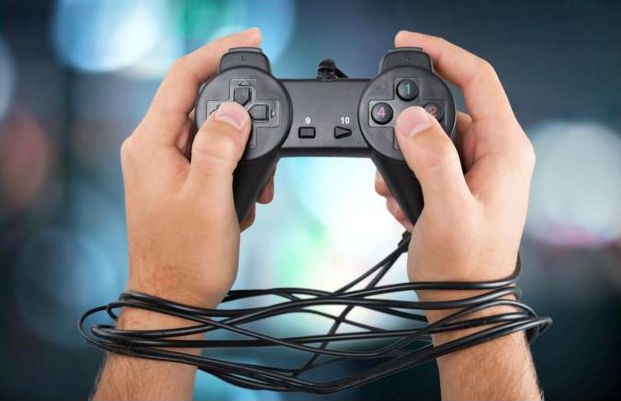
Video Game Addiction Classified As a Mental Health Disorder
Glued to a console or computer? If your gaming is affecting your social, personal, or occupational life, you may meet the criteria for a “gaming disorder,” according to new research and reports.
The World Health Organization (WHO) announced yesterday they would include video game addiction as a mental health disorder in their 2018 International Classification of Diseases. WHO evaluates these diseases on a yearly basis, and increasing numbers of gamers experiencing mental health side effects have captivated researchers in the field.
Video games made their debut in in the early 1970s, and have come a long way from the days of Pong and Pac Man. Every year brings new console releases and games by the hundreds, each of them providing an even more realistic, immersive experience for the gamer.
Children across the country woke up to find new consoles nestled beneath their Christmas trees, and it’s been estimated that some kids are spending more time playing video games than doing homework. However, benefits have been associated with video game playing, too.
Many games involve strategy, and can also serve as a social outlet for kids. The American Psychological Association (APA) reports that video games may improve social and cognitive functions, and can raise spatial awareness and problem-solving skills.
Violent video games have remained a topic of discussion for many years, and are still a hot button issue for many parents. The APA has found that even these violent games may boost these positive benefits.
When Do Games Turn Into An Addiction?
To receive a diagnosis of a gaming disorder, one must experience negative consequences from excessive gaming. If these symptoms are present for over a year, a person may be evaluated for the possibility of a gaming disorder.
Signs of excessive gaming include:
- Using video games to escape from other issues
- Developing tolerance; needing to play more often
- Giving up other activities in favor of playing video games
- Becoming pre-occupied with gaming
- Work, school, or relationships becoming affected by the hobby
Keeping an eye on our gaming and limiting screen time is an important first step in staying aware.